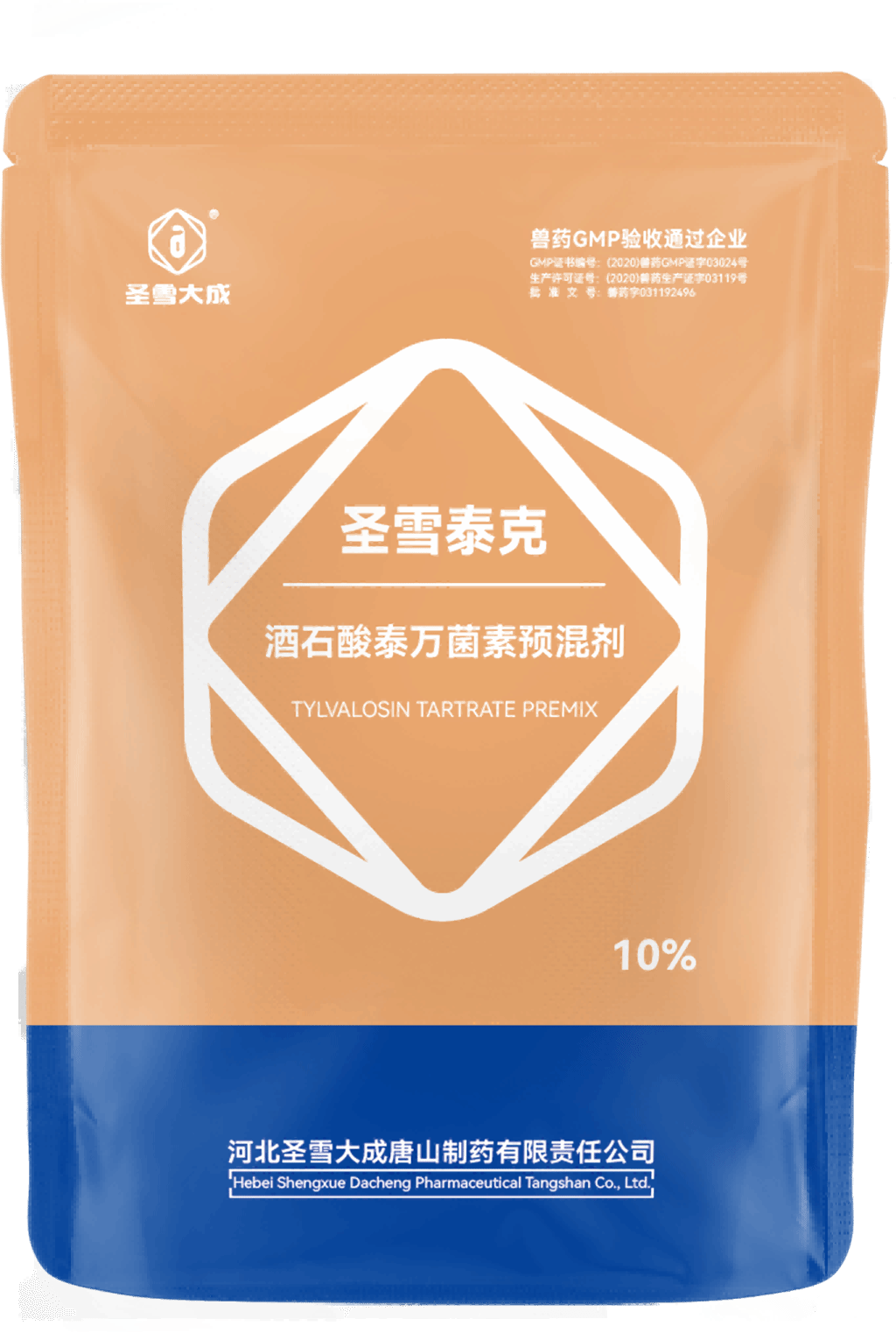Tel:+8618231198596

News
 CONTACT
CONTACT
 CONTACT
CONTACT
- Linkman:Linda Yao
- Tel: +8618231198596
- Email:linda.yao@dcpharma.cn
- Linkman:CHARLES.WANG
- Department:Overseas
- Tel: 0086 0311-85537378 0086 0311-85539701
News
Tylvalosin tartrate premix formulations are part of integrated pest management strategies.
TIME:2024-08-22
Role in IPM Strategies
The incorporation of tylvalosin tartrate premix formulations into IPM strategies has several key benefits:
Selective Pathogen Control: Tylvalosin tartrate specifically targets gram-positive bacteria, which are common pathogens responsible for many livestock diseases. This selective action reduces the impact on beneficial microorganisms in the gut, promoting a balanced gut microbiome.
Reduced Antibiotic Use: By effectively controlling bacterial diseases, tylvalosin tartrate reduces the need for broad-spectrum antibiotics, helping to minimize the development of antibiotic resistance.
Health Maintenance: Regular use of tylvalosin tartrate can help maintain animal health, reducing the incidence of disease and improving overall herd health. This leads to better growth rates and feed efficiency, contributing to increased productivity and profitability.
Preventive Measures: Tylvalosin tartrate can be used prophylactically to prevent outbreaks of disease, especially during periods of high stress or in environments where the risk of infection is elevated.
Complementary to Other IPM Practices: Tylvalosin tartrate premix can be integrated with other IPM practices, such as biosecurity measures, vaccination programs, and nutritional management, to create a comprehensive and effective disease control strategy.
Economic and Environmental Impact
The use of tylvalosin tartrate premix in IPM strategies not only enhances animal health but also has significant economic and environmental implications. By reducing the incidence of disease and improving growth rates, farmers experience lower mortality rates and higher yields, leading to increased profitability. Additionally, judicious use of antibiotics helps preserve the efficacy of these drugs and supports sustainable livestock management practices.
Sustainability and Responsible Use
To ensure the long-term sustainability of tylvalosin tartrate premix formulations in IPM strategies, it is essential to employ these antimicrobial agents responsibly. Overuse or misuse can lead to the development of antibiotic resistance, which poses a significant threat to both animal and human health. Therefore, veterinarians and producers must adhere to guidelines for appropriate use and dosage.
Conclusion
Tylvalosin tartrate premix formulations play a crucial role in integrated pest management strategies for livestock. Their targeted approach and ease of use make them an essential tool in maintaining animal health and productivity while minimizing the environmental impact and the risk of antibiotic resistance. Through responsible and judicious use, tylvalosin tartrate can continue to be a valuable component of sustainable livestock management practices.
- Tel:+8618231198596
- Whatsapp:18231198596
- Chat With Skype







